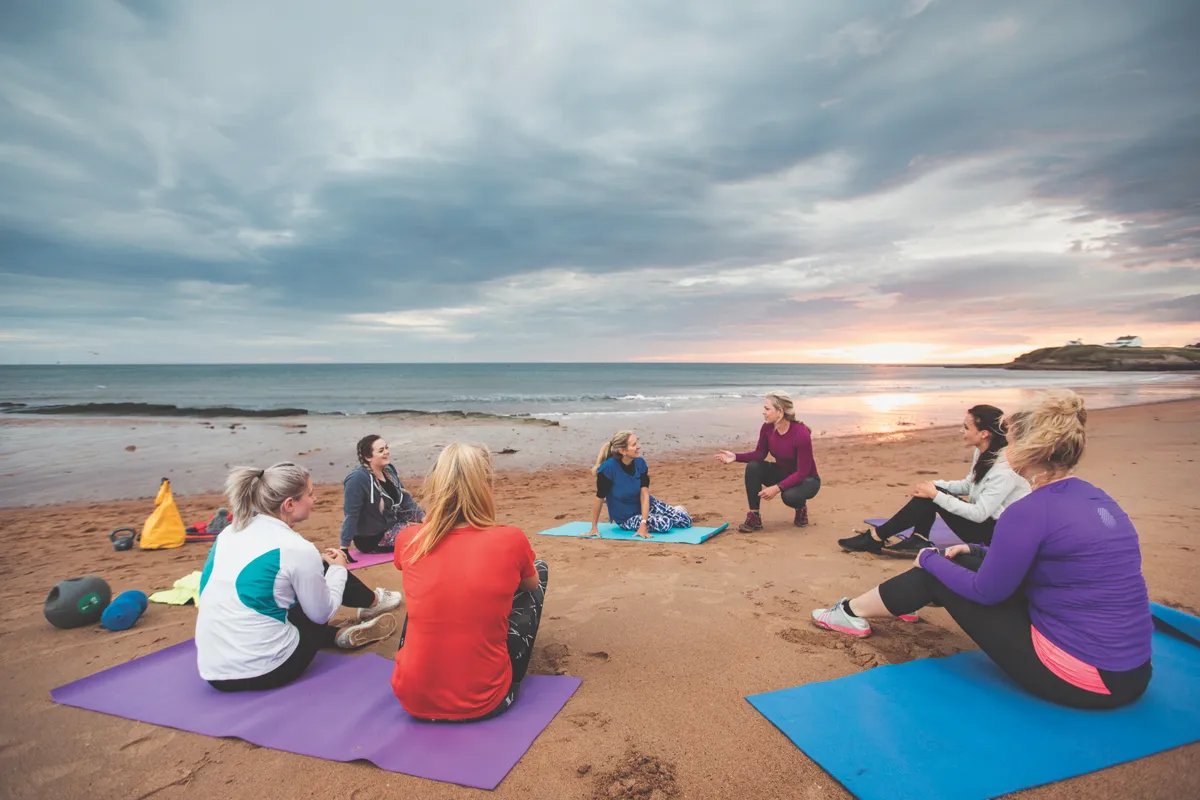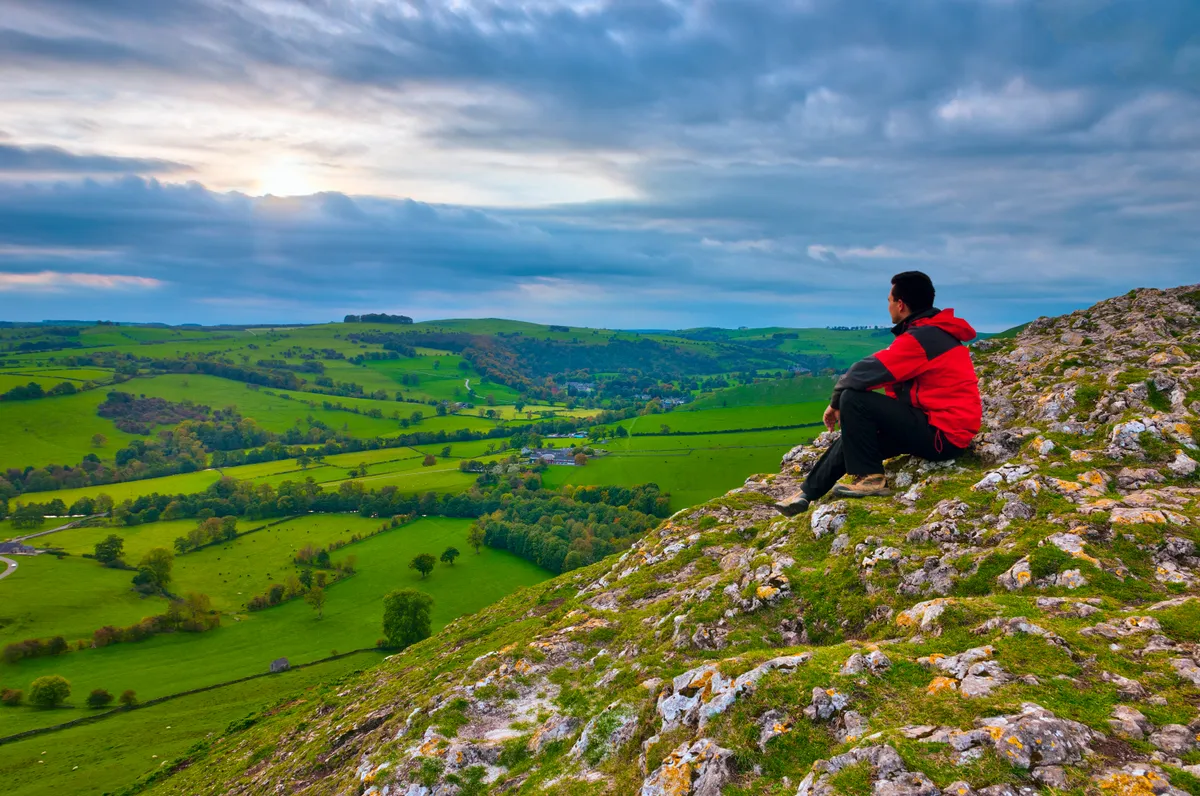The study revealed that ‘green prescribing’ – where GP’s encourage contact with nature – for people with low levels of mental wellbeing is good value for money and can greatly improve health and wellness.
Published today the report, Social return on investment analysis of the health and wellbeing impacts of Wildlife Trust programmes, found that the mental wellbeing of more than two-thirds (69%) of all participants had improved after six weeks. Participants also reported significantly enhanced feelings of positivity, increased general health and pro-environmental behaviour, higher levels of physical activity and increased contact with greenspace.

The research team at Leeds Beckett University then calculated the social return on investment for every £1 invested in two types of Wildlife Trust outdoor volunteering projects that support people experiencing poor mental health. Part of this involved measuring values such as wellbeing, physical health and interaction with nature.
Two significant findings were that for every £1 invested in regular nature volunteering projects (which tackle problems such as physical inactivity or loneliness), there is an £8.50 social return. The team also concluded that for every £1 invested in more specialised health or social needs projects (which connect people to nature), there is a £6.88 social return.

Dom Higgins, Nature and Wellbeing Manager of The Wildlife Trusts, said: "Evidence shows that nature volunteering or taking part in a more specialised health and nature project really works. People who have low levels of wellbeing feel healthier and happier when they’re connected to wildlife and wild places.
"We want to see the concept of nature on prescription becoming a core part of the National Health Service (NHS) mental wellbeing programmes. This new report shows the enormous value of a natural health service. It’s also important to have more investment in Wildlife Trust outdoor volunteering which has been proven to improve mental, physical and social wellbeing."
The research follows on from previous studies about The Wildlife Trusts which found that wildlife volunteering boosts mental health.
Dr Amir Khan, GP and Health Ambassador for The Wildlife Trusts said: “There is a clear need to invest in nature-based services so that more people can benefit. If more people could access nature programmes I believe that we would see a knock-on effect in our GP surgeries, with fewer people attending for help with preventable or social problems arising from being cut off from others, not getting active or having a purpose.”
A to Z of mindfulness in nature
For inspiration on how to improve your mindfulness in nature, and to increase mental and physical wellbeing, see our guide.
